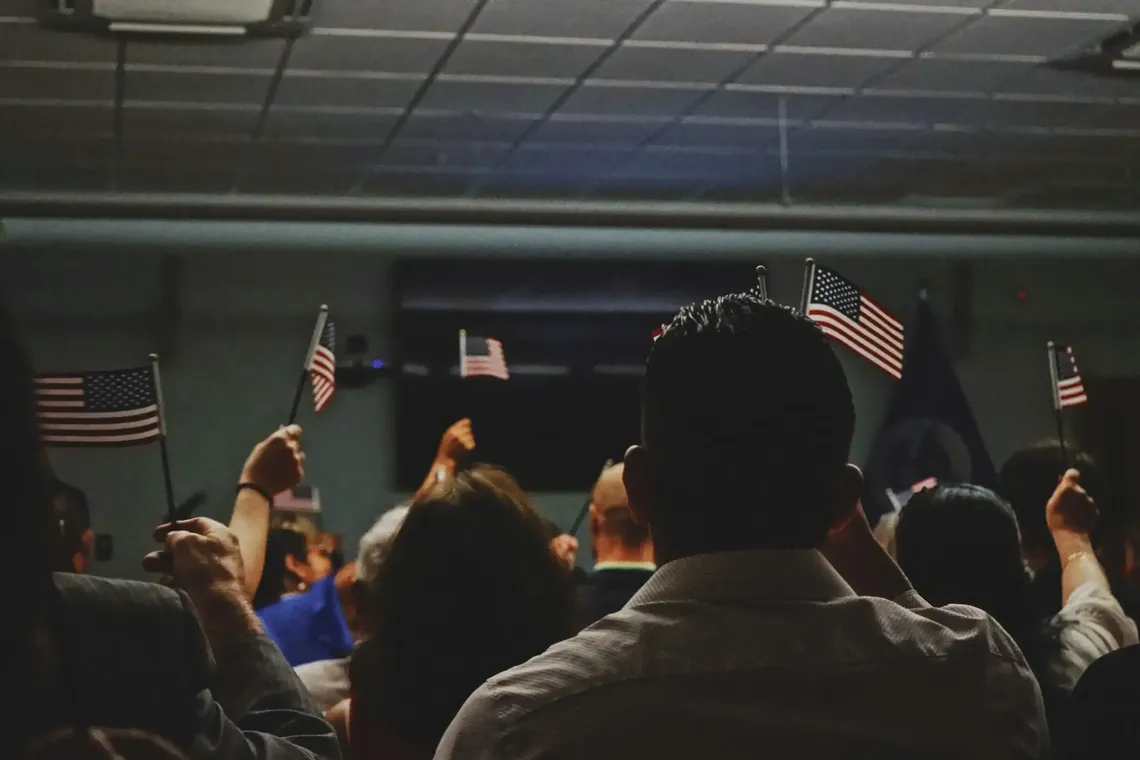Q. Can ministries designate a “private room” to limit immigration agent access?
4 min read

A. The designation of “private rooms” in churches or other ministry buildings as a response to immigration enforcement is a legally complex issue.
Designating a room as “private” may help clarify boundaries, but legal protections depend on how the space is actually used. Courts consider the totality of circumstances, including signage, access restrictions, and the nature of activities conducted in the space. Simply labeling a room as “private” is not sufficient to establish legal protection.
While the motivation behind these efforts is often rooted in a faith-driven desire to support vulnerable individuals, ministries considering this approach should proceed with caution, seek legal counsel, and ensure that their actions align with both their mission and applicable laws. Clarifying the purpose of such spaces, avoiding messaging that implies sanctuary, and understanding the legal limits associated with efforts to create a "safe space" are all important steps.
What a “Private Room” Means—and Why It’s Being Considered
In recent months, several churches and ministries across the country have explored the idea of designating a “private room” within their facilities to respond to concerns about immigration enforcement. This approach has been promoted by some advocacy organizations and aims to provide a space where individuals—particularly those who fear encounters with Immigration and Customs Enforcement (ICE)—can find temporary respite.
Federal Policy Changes and Enforcement Authority
Until recently, ICE and Customs and Border Protection (CBP) operated under a Department of Homeland Security (DHS) directive that discouraged enforcement actions in “sensitive locations,” including churches and schools. That directive was rescinded in early 2025. ICE agents are now permitted to conduct enforcement actions in these locations, provided they do so within constitutional limits.
This change means that ICE may enter church and ministry property to carry out enforcement activities such as surveillance, searches, or arrests. While such actions remain relatively rare, the legal protections that previously discouraged such activity are no longer in place.
Private vs. Public Spaces in Buildings
Under the Fourth Amendment, law enforcement officers generally need a judicial warrant or consent to enter areas where individuals have a “reasonable expectation of privacy.” In a church or ministry setting, this typically includes staff offices, counseling rooms, and other restricted-access areas. Public areas, such as lobbies, sanctuaries during services, and fellowship halls do not enjoy the same protections.
Legal Risks of Harboring
Churches and other ministries should exercise caution when considering how such spaces are used and communicated to the public. Under federal law (8 U.S. Code § 1324), it is considered a felony to knowingly harbor, conceal, or shield an undocumented immigrant from detection. This includes providing shelter with the intent to help someone avoid immigration authorities. If a ministry were to encourage undocumented individuals to use a designated private space for the purpose of avoiding ICE, that action could potentially be interpreted as harboring undocumented immigrants. Even if the intent is pastoral, the perception of shielding individuals from immigration enforcement could expose the ministry to legal scrutiny.
Risk Management and Insurance Considerations
From a risk management standpoint, ministries should avoid actions that could be construed as obstructing law enforcement. Such action may not only carry legal consequences, but could also affect insurance coverage in the event of a claim, particularly if the conduct is deemed unlawful. Insurance policies typically exclude coverage for illegal acts, and any ministry activity that is interpreted as violating state or federal law could trigger exclusions or complicate claims. Ministries should consult their insurance agent or insurance carrier to understand how their coverage might respond to immigration-related incidents or allegations.
To help mitigate legal or insurance issues, ministries are encouraged to:
Clearly define the purpose of any designated private space (e.g., for counseling or staff use).
Avoid messaging that implies the space is a refuge from law enforcement.
Train staff and volunteers on how to respond to law enforcement encounters.
Consult legal counsel before implementing any policy or signage related to immigration enforcement.
Check the Related Resources at the end of this FAQ for more information and a sample policy.
Supporting Immigrant Communities Lawfully
There are many lawful ways churches and ministries can support immigrant communities, including:
Providing food, clothing, and spiritual care without inquiring about immigration status.
Hosting immigration-focused legal clinics in partnership with licensed immigration attorneys.
Offering educational programs and community services.
Referring individuals to reputable immigration advocacy organizations.
These activities allow ministries to serve their communities compassionately while remaining within legal boundaries.
By staying informed and implementing sound policies, churches and ministries can continue to support their communities in meaningful and responsible ways—while minimizing legal and insurance-related risks.
Posted November 2025
The information we provide is intended to be helpful, but it does not constitute legal advice and is not a substitute for the advice from a licensed attorney in your area. Accordingly, no attorney/client relationship is created through this process, and no legal advice will be provided. We strongly encourage you to regularly consult with a local attorney as part of your risk management program.


